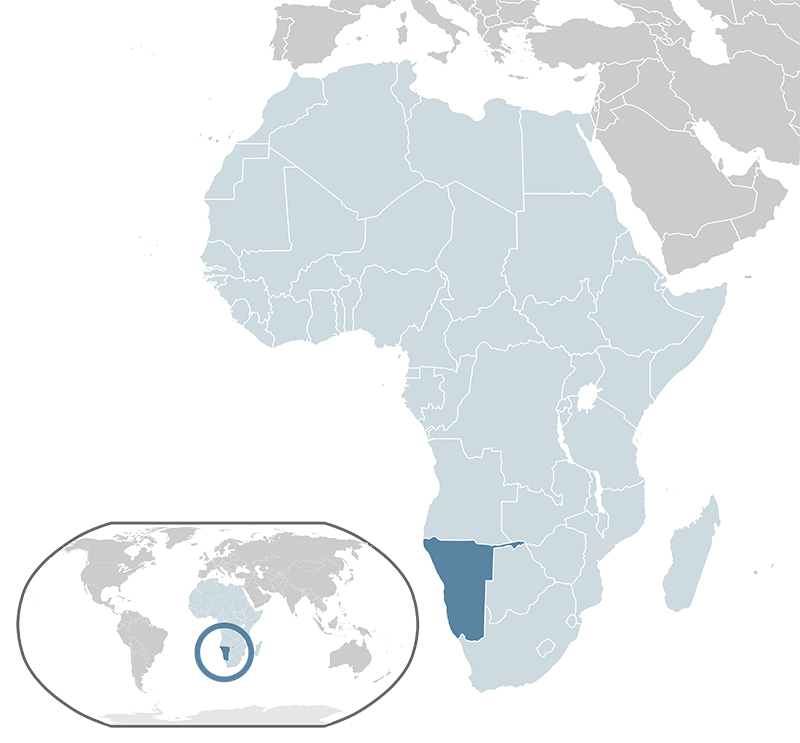
- Population:
- 3,030,000
- Religion:
- Christianity
Namibia was home to indigenous groups such as the San before becoming a German colony in the late 19th century. After World War I, it was governed by South Africa until gaining independence in 1990. Since then, Namibia has maintained political stability and developed a growing economy based on mining, tourism, and agriculture.
Namibia, officially the Republic of Namibia, is a country in Southern Africa. It shares borders with Angola and Zambia to the north, Botswana to the east, South Africa to the south and southeast, and has a western coastline along the Atlantic Ocean. Covering an area of approximately 825,615 square kilometers, Namibia has a population of about 2.5 million people as of 2023, making it one of the least densely populated countries in the world. The capital and largest city is Windhoek. The official language is English. Namibia operates as a unitary semi-presidential representative democratic republic. The economy is based on mining, agriculture, tourism, and manufacturing, with significant mineral resources including diamonds, uranium, and gold. Namibia is known for its diverse wildlife, national parks, and the Namib Desert, considered the oldest desert in the world. The country is a member of international organizations such as the United Nations, the African Union, and the Southern African Development Community.






